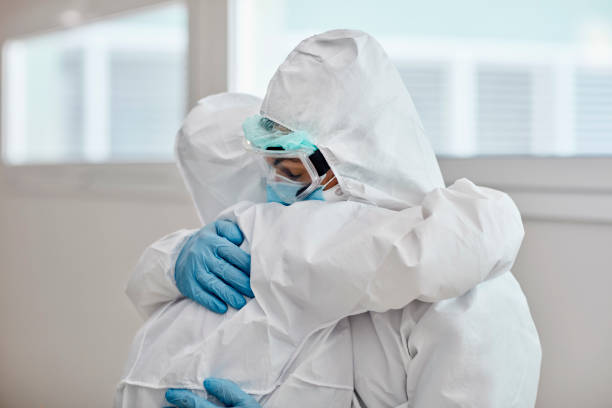According to four sources who are familiar with the agency’s plans, the Food and Drug Administration plans to approve new versions of Covid boosters by Friday.
The most recent shots are targeted to the XBB.1.5 subvariant omicron. While this strain has ceased to dominate, the boosters will guard against subvariants currently in circulation and are linked, the drug makers and experts believe.
Two sources told me that the date for authorization on Friday is flexible and could slip into the beginning of next week.
This could lead to more criticism from certain medical professionals who believe that federal health authorities are moving too slow in the rollout of boosters because the number of hospitalizations and Covid cases have been rising again..
Two sources have indicated that the FDA is examining the possibility of giving the boosters a full approval licence rather than an urgent authorization, which is a change from the method used for prior Covid approvals for vaccines. It is not clear whether this is actually the desired course of action.
Following the FDA’s approval following the approval of FDA, Centers for Disease Control and Prevention and its advisory committee will make their own guidelines on who should be given shots and the best way to use them. The Advisory Committee of the agency of Immunization practices is set to make a decision at its scheduled meeting on on Tuesday. Director of the CDC Dr. Mandy Cohen, could be able to sign off on the boosters after the meeting, which would allow vaccinations to start.
A majority of adults have some form of protection as per data provided by officials from the government. Because immunity to previous infections and vaccines decreases as time passes, authorities aim to boost protection when people are more likely to be indoors during the fall months and winter months.
This is the first time Covid vaccines have been made available but the cost of these vaccinations won’t be paid for by the federal government.
Health News Tips to avoid flesh-eating bacteria that are found in floodwaters that have been flooded after hurricanes.
Pfizer along with Moderna have revealed the list cost for the vaccines is expected to be $110-$130 per dose.
When and if someone can get shots will depend on the insurance coverage according to Jennifer Kates, the director of the Global Health & HIV Policy Program at KFF which is a non-profit health policy group.
The majority of people who have private or public health insurance are required to pay no cost out of pocket for vaccinations Kates said. If a patient receives the vaccine outside from the network it could result in costs.
People who aren’t insured may be able to receive boosters for free from providers of safety nets, like community health centers, however others might have to pay for the entire price. The Biden administration also has launched an “bridge” program that will give people without insurance access to free boosters until the year 2024’s end.
Novavax’s vaccination, that hasn’t received the full FDA approval at this time, but is available via emergency authorizations and will remain protected, Kates said.
For the past three years over three years, the Dr. Christopher Ohl has been treating Covid patients in the intensive care unit of Atrium Health Wake Forest Baptist in North Carolina.
In recent months however, he’s observed a shift in his patients aren’t as ill as they were previously.
“What we’re seeing now is our patients who are admitted with Covid pneumonia in the ICU tend to respond faster to treatment, they’re less likely to die, and they’re more likely to get discharged earlier,” said Ohl who is also an infectious diseases professor within the Wake Forest University School of Medicine. “They don’t seem to be as sick with it as they were two years ago.”
This is a trend many ICU doctors have observed, and this is despite the fact that the number of hospitalizations for covid continues to increase.
The risk of serious complications and lengthy hospital stays are becoming less frequent in comparison to the past according to doctor. Cameron Wolfe, an expert on infectious diseases and assistant professor in medicine at Duke University School of Medicine. Duke University School of Medicine.

